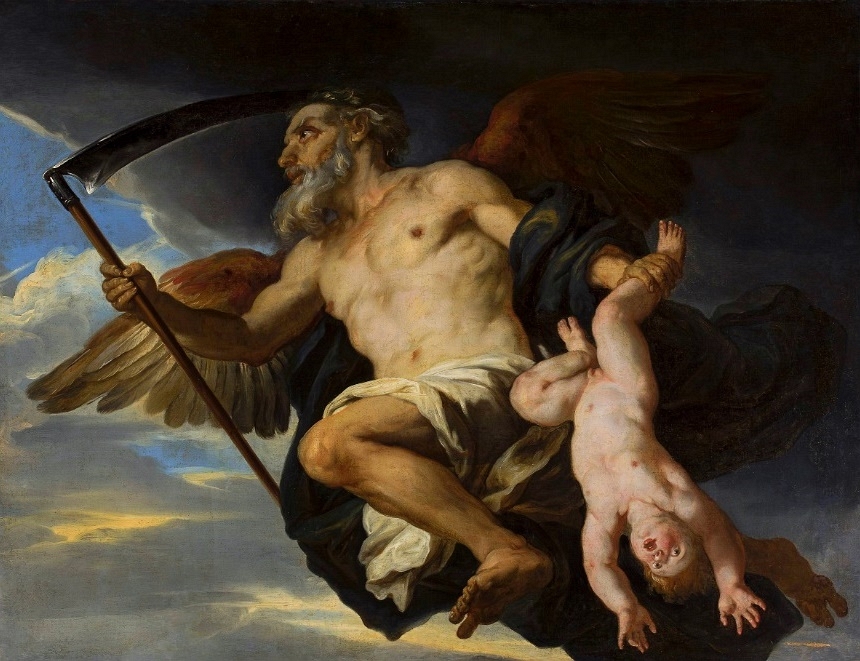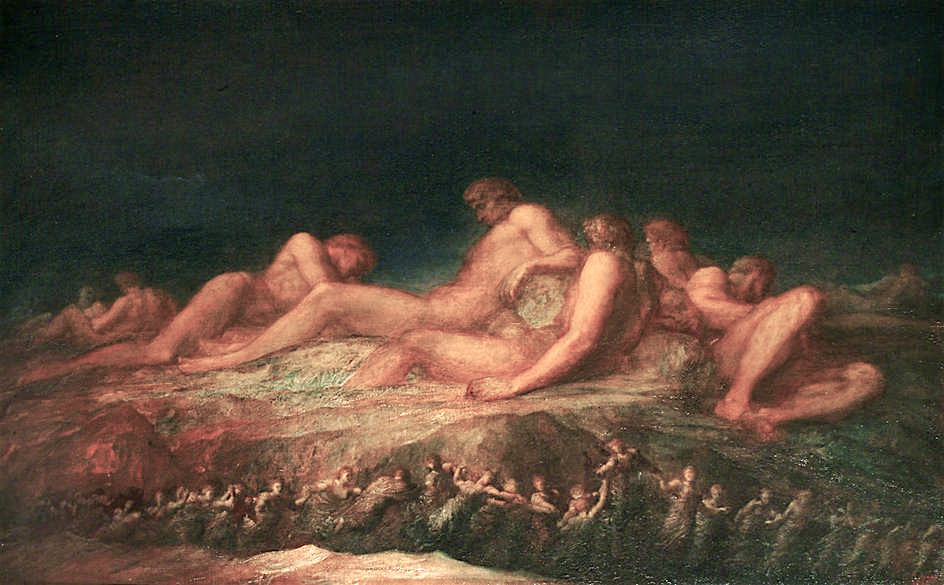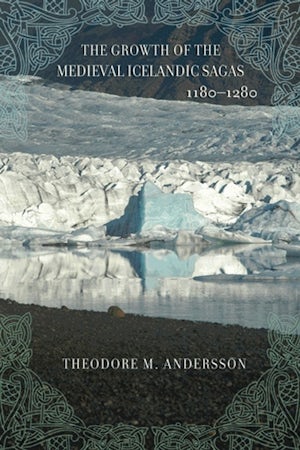Write4U
Valued Senior Member
I understand.Staden later claimed to have cured the tribal king and his household from illness through the power of prayer and Christianity
be mindful of your sources
In context of cannibalism, any source that illustrates a form of cannibalism in days of old is useful.



